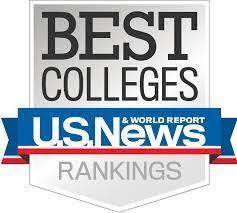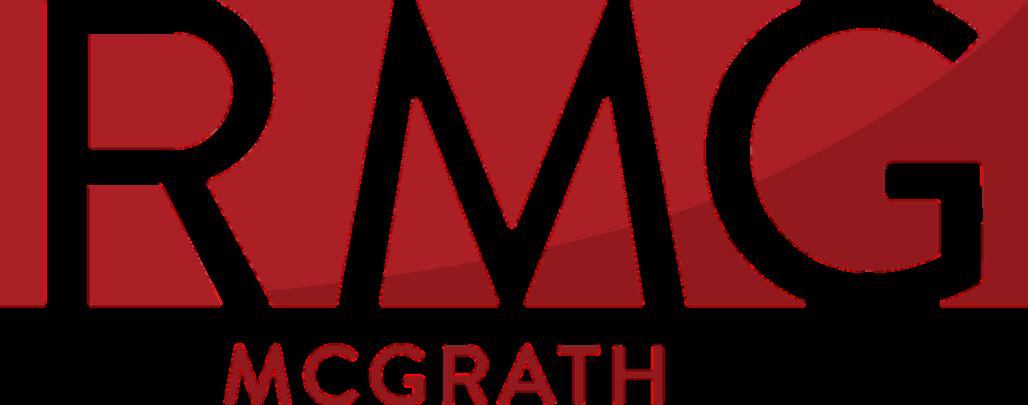Rita McGrath
THE BEGINNING OF THE END OF SCHOOL RANKINGS AS WE’VE

COME TO KNOW THEM?
Thought Sparks
School rankings and other forms of measurement are intended to provide useful information to potential students and their families. But as the schools themselves have learned, competing for a higher spot in the ranking can become like an arms race. They pull resources away from accomplishing the mission in a bid to keep or increase the score.

 Rita Mcgrath Thought Sparks
Rita Mcgrath Thought Sparks
The U. S. News and World Report college rankings unleashed a floodgate.

In 1983, when U. S. News and World Report launched its college ranking system, it was only the first of what became a staple in the college search process, and then the graduate school search process. Everybody in the world piled on, it seemed. Forbes, the Economist, the Wall Street Journal, the Financial Times and more dove into the world of rankings, each hoping to attract the attention of students and their families. Moreover, even though we know that schools don’t change all that much year-to-year, the rankings jump around wildly as Stanford’s President pointed out some time ago.

 Rita Mcgrath Thought Sparks
Rita Mcgrath Thought Sparks
Those in favor of the rankings include anybody who is from a school that is highly rated (just kidding). The case that students and their families should be able to access information about the schools which administrations might not be keen to release is a solid one. However, it’s become clear that there are any number of negative unintended consequences to all this ranking fervor.. Rankings

The dark side of rankings – unintended consequences

have inadvertently become a system of governance for university spending
The beginning of the end of rankings?
It made news this week, therefore, that major medical schools were dropping out of the ranking competition.


Harvard’s Dean George Q. Daley was the first to announce that the school was not going to participate in the rankings by providing information to the outlets. He cited the example of Dean John Manning of Harvard Law School who had made a similar decision for his school.

"As unintended consequences, rankings create perverse incentives for institutions to report misleading or inaccurate data and set policies to boost rankings rather than nobler objectives"
So, rankings optional?
As is becoming clear, while the rankings fascinate people, draw readers, and have forced universities to be more responsive to external constituencies, they have substantial unintended consequences that shouldn’t be overlooked. So, too with any system of measurement. And in what might just be the early warning we are looking for, some outlets have dropped the ranking business altogether. The Economist did so in 2022 amidst “withering criticism.”

Want


Now R I T A M C G R A T H
to spark some thinking in your own organization? Book
https://thoughtsparks.substack.com/



 Rita Mcgrath Thought Sparks
Rita Mcgrath Thought Sparks









